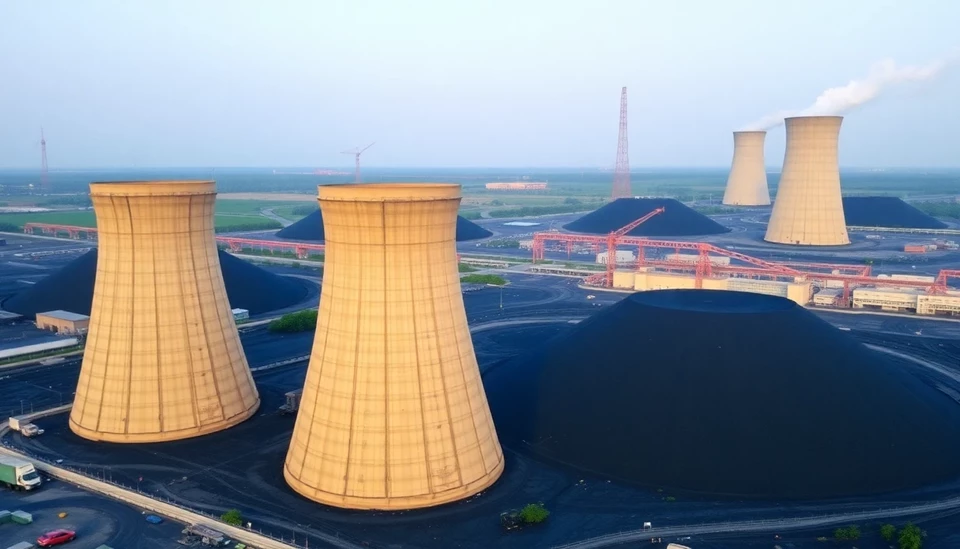
In a significant development for the Indian energy sector, the country has registered a remarkable surge in the growth of coal power plants, achieving levels not seen in nearly five years. This increase arises from the pressing energy needs of a rapidly growing population and an economy that shows no signs of slowing down. The coal sector remains a pivotal component of India's energy strategy, as the nation grapples with the dual challenges of meeting power demands and addressing environmental concerns.
According to recent reports, India has made substantial progress in coal-fired electricity generation, with more than 20 gigawatts of coal projects either underway or projected for completion in the coming years. This surge in capacity is fueled by both rising domestic demand for electricity and a series of government initiatives aimed at boosting energy infrastructure. Despite the global movement toward renewable energy, coal remains a dominant player in India's energy landscape, which continues to rely on it for a significant portion of its electricity needs.
Many experts point out that the surge in coal power plant construction is a response to India's urgent requirement to stabilize its grid and prevent power shortages, especially during peak consumption periods. The recent heat waves and resulting spikes in electricity consumption have put considerable pressure on the existing infrastructure, leading policymakers to prioritize coal as a dependable source of energy for the foreseeable future.
However, this move has not been without controversy. Environmental advocates warn that the expansion of coal power could undermine India’s commitments to reduced carbon emissions and climate action. India’s government has publicly stated its commitments to decrease reliance on fossil fuels in line with global accords. Nonetheless, in the immediate term, coal remains entrenched in the energy mix, as renewable sources like solar and wind are still being ramped up to their full potential.
As these coal projects progress, the dichotomy between meeting the demands of a burgeoning economy and the crucial need for sustainable energy solutions will likely intensify. The Indian energy sector thus finds itself at a crossroads, where the immediate benefits of coal must be weighed against longer-term environmental impacts and global warming concerns.
Looking ahead, policymakers will face significant challenges in balancing economic growth, energy security, and environmental sustainability. The ongoing discussions at local and international levels regarding energy policy will play a crucial role in shaping the future of India's energy landscape. As coal growth continues, the question remains: Can India transition to cleaner energy sources while still ensuring adequate supply to power its ambitious growth trajectory?
In conclusion, while the expansion of coal power plants highlights India's urgent energy needs, it also raises important questions about future sustainability and the nation's commitment to reducing its carbon footprint. The road ahead will require strategic planning and innovative solutions to foster a balanced energy approach that serves both economic and environmental goals.
#India #CoalPower #EnergyDemand #Sustainability #RenewableEnergy #ClimateChange #PowerGrid #ElectricityGeneration #EconomicGrowth
Author: John Harris




